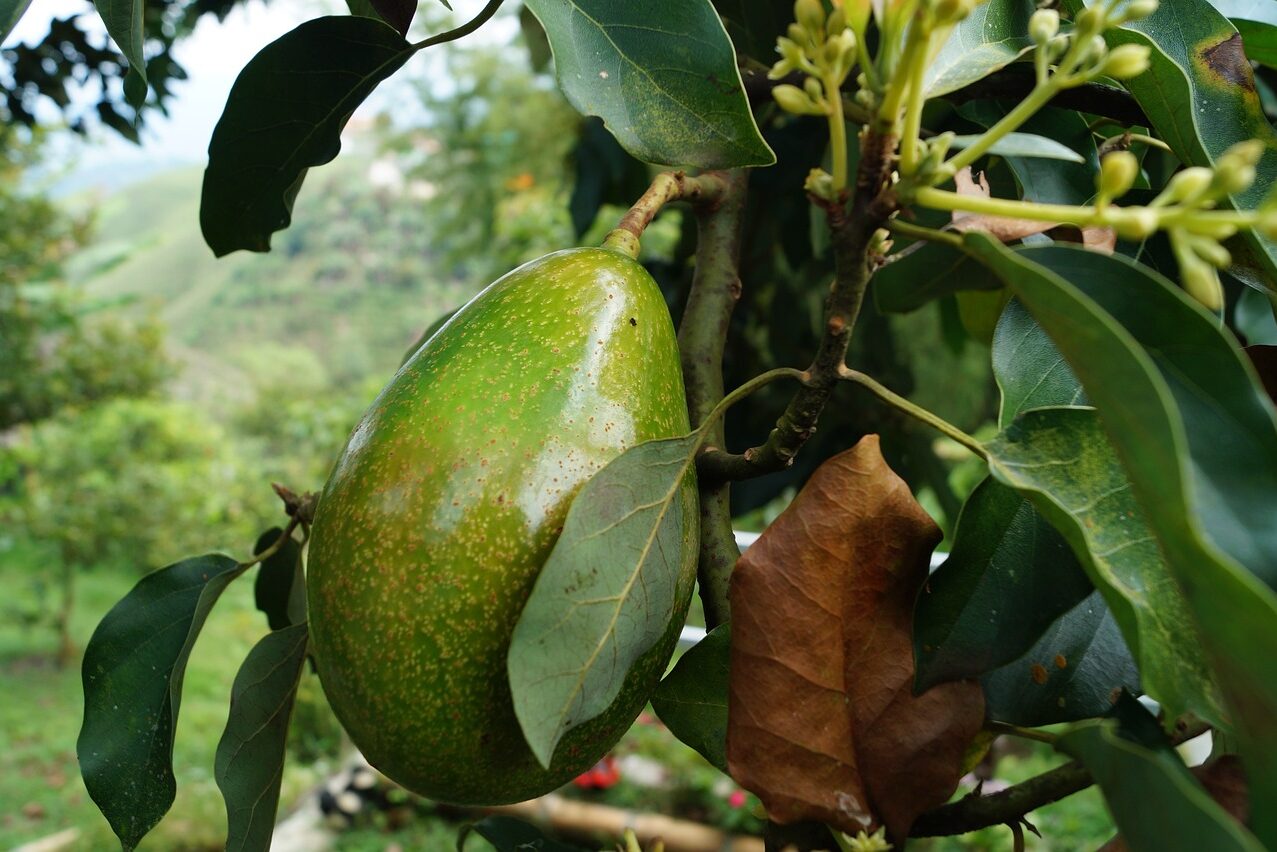The avocado , called the “green gold”, has experienced an impressive increase in its consumption in recent years, thanks to its exquisite flavor and versatility . Recognized for its creamy texture and its ability to enhance any dish, this coveted fruit is appreciated for both its culinary qualities and its nutritional value .
Abundant in healthy fats, vitamins , minerals and antioxidants, avocado has become a mainstay in the diets of those seeking to maintain their health and well-being . However, the Organization of Consumers and Users from Spain (OCU) warns about possible health risks associated with its consumption in certain circumstances.
Contraindications of avocado
It is important to understand that the evaluation of food is not absolute, but depends on various factors such as the frequency and amount of consumption , as well as the physiological circumstances of each individual, such as age, sex and physical condition. For example, in the case of avocado, there are certain groups of people who should take precautions when consuming it.
Avocado, although recognized as a healthy food, contains sorbitol in small quantities . This compound, an alcohol derived from sugar, can cause digestion problems in some people, such as diarrhea or abdominal pain, due to difficulties in its intestinal absorption.
Low-calorie diets , which involve calorie restriction , require limiting the consumption of avocado due to its high fat content and caloric value, which is around 150 kcal per 100 g.
On the other hand, people with kidney failure should avoid avocado due to its high potassium content, which could be harmful to their health.
Additionally, those who are allergic to latex should be careful about consuming avocado and other tropical fruits as they can trigger allergic reactions.
False myths
Avocado has been associated with eye health due to its content of carotenoids such as zeaxanthin . However, these nutrients are found in many other fruits, so a varied diet is usually sufficient. Regarding the idea that avocado can cure diseases, it is important to remember that no food alone can solve health problems.
On the other hand, avocado does not promote weight loss , despite containing fiber and having a satiating effect. It is a fruit high in calories and fat, so overweight people should limit its consumption. Regarding its supposed aphrodisiac effects, although it is rich in vitamin E that can prevent genital injuries, there is no scientific evidence that it increases sexual desire.
Finally, although this fruit contains antioxidants that can neutralize free radicals and protect against cellular damage, there is no solid evidence that its regular consumption prevents cancer . Regarding heart health, its monounsaturated fatty acids and fiber can help reduce cholesterol, but it must be complemented with a balanced diet.
The best seasonal fruits in spring
During spring, strawberries are one of the most sought after fruits . These small, juicy delicacies, vibrant red in color, offer unparalleled versatility, as they can be eaten alone or integrated into various recipes. Its high content of vitamin C and antioxidants constitutes a protective shield against free radicals, thus reducing the risk of suffering from chronic diseases such as diabetes.
Cherries , with their sweet flavor and deep red color , also stand out at this time of year. Not only are they delicious, but they are also loaded with antioxidants like anthocyanins and melatonin, which protect against chronic diseases and strengthen the immune system. Its contribution of fiber and vitamin C complements these benefits, thus promoting optimal digestion and greater resistance to diseases.
For those who crave a tropical touch, mango is a great option for adults and children . Sweet and juicy, it is a delight both on its own and in desserts and smoothies. Rich in vitamin C and antioxidants, it strengthens the immune system and protects against free radicals. In addition, its fiber and vitamin A content enhances the health of the skin and eyes, while promoting optimal digestion.
The kiwi, an exotic and revitalizing fruit , reaches its maximum splendor during spring. Recognized for its vibrant color and refreshing flavor, it is a true gem for health. Abundant in vitamin C, vitamin K, fiber and antioxidants, kiwi is positioned as a stellar option to strengthen the immune system and promote optimal digestion.
Lastly, papaya, with its numerous health benefits , shines in the spring. From improving digestion to strengthening the immune system and protecting cardiovascular health, it offers a wide range of benefits. Its content of vitamin C and antioxidants not only contributes to eye health, but also facilitates weight loss.
Link: https://okdiario.com/curiosidades/contraindicaciones-del-aguacate-motivos-no-debes-comerlo-12578454
Author: JANIRE MANZANAS
Date: UPDATED: 05/02/2024 16:26
Source: okdiario.com
Nutrigenomics Institute is not responsible for the comments and opinions included in this article






